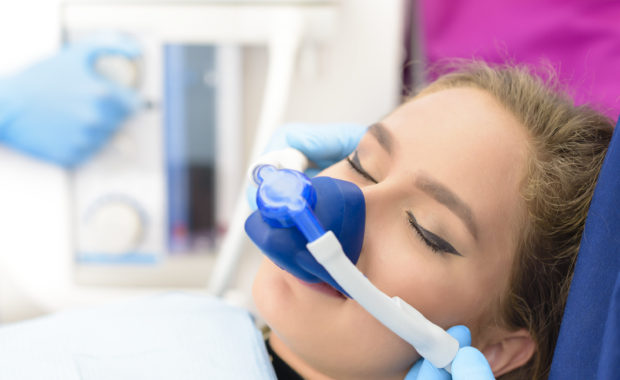Root canals are a safe and effective treatment option for teeth that have become infected or inflamed in the pulp chamber, the area that contains the nerves and blood vessels of the tooth and helps alleviate pain. The procedure involves removing the infected or damaged pulp, cleaning and disinfecting the inside of the tooth, and filling and sealing the root canals to prevent further infection.
Root canal treatment has a high success rate, with studies showing that it can save the natural tooth in about 90-95% of cases. The procedure is typically done under local anesthesia, which means that the patient will be numb in the area where the procedure is being done and will not feel any pain.
After the procedure, the patient may experience some mild discomfort or pain, but this can be managed with over-the-counter pain medication. Swelling, sensitivity, and discoloration of the tooth are possible but uncommon. The tooth may be sore from biting on for a few days, and some patients may also experience tenderness in the gums around the tooth.
Root canal treatment is considered safe, as it is a routine procedure that is performed by trained and experienced dental professionals. The procedure does carry some risk, as with any medical procedure, including bleeding, infection, and injury to the surrounding teeth or gums.
It is worth noting, that like many medical procedures, there are some false claims circulating about root canal safety. For example, some people believe that root canals can cause cancer or that the procedure is not safe. These claims are not supported by scientific evidence and are not considered true by dental professionals or scientific communities.
Root canal treatment has been extensively studied and is considered a safe and effective option for saving a tooth that is infected or inflamed in the pulp chamber. It is recommended by dental professional as an appropriate treatment option in those cases, the procedure is relatively painless, and the majority of patients return to normal activities immediately after the procedure.
It’s important to seek out information from reputable sources and to consult with a qualified dental professional before making any decisions about your dental health.


